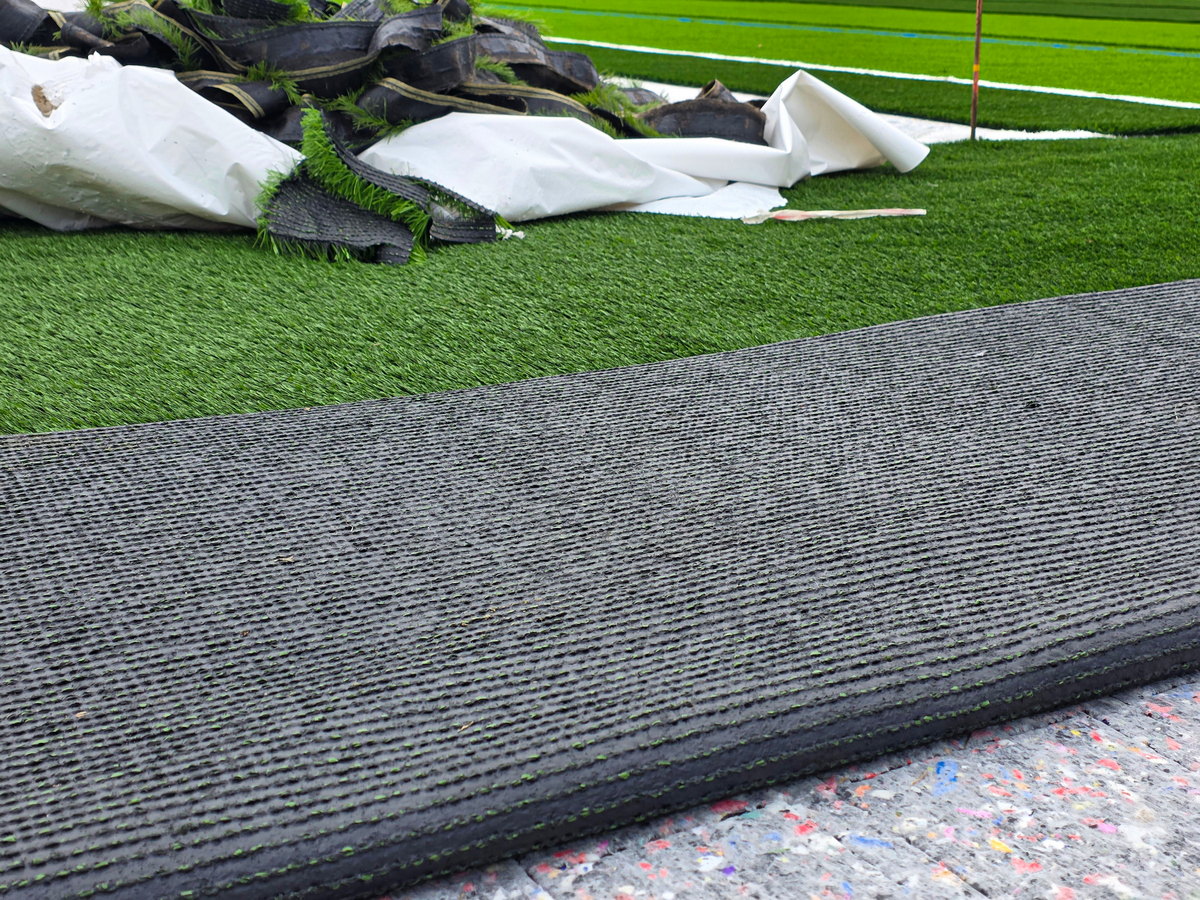Testing composites in extreme conditions
Enabling fuel-efficient and sustainable transport structures, composite materials based on polymer matrix composites have revolutionised the aerospace industry. Such materials should be designed to withstand extreme environments such as high and low service temperatures and extreme loadings. Cyanate esters are a relatively new generation of thermosetting resins that unlike epoxy-based systems display lower tendency toward micro-crack formation, especially when toughened, and lower moisture absorption. The project SPECIMEN (Study on the processing and the performance of cyanate ester composites towards the optimization for harsh service environments) shed further insight into the long-term exposure of cyanate esters to harsh environmental conditions and the degradation of their properties. The project worked on providing guidelines on the use of cyanate ester-based composites at elevated temperatures – between 200 and 250 degrees Celsius – and high humidity levels. This will be part of the roadmap toward replacing aluminium alloys in different primary and secondary structures to reach high performance. After analysing the performance requirements, material properties and recommendations from suppliers, scientists selected two different kinds of materials for further screening. These were glass- and carbon fibre-reinforced polymers (GFRPs and CFRPs, respectively) processed by autoclave and resin transfer moulding, respectively. The team then elaborated a test plan to define the ageing procedure and a test campaign that allowed verifying the compliance of the selected materials. In addition, scientists established the production processes for both kinds of materials and optimised the manufacturing processes for GFRPs and CFRPs. A new baseline process involving a catalyst and curing was established. Following the process optimisation work, the SPECIMEN team established a comprehensive methodology for studying the degradation behaviour using data from screening and testing. The methodology was based on accelerated life testing that allowed enhancing understanding of the various degradation mechanisms at high service temperatures. SPECIMEN provided deeper understanding of cyanate ester degradation in harsh environments using advanced material screening/testing procedures accompanied by optimised manufacturing protocols. Project work should help the aerospace industry clarify issues concerning the behaviour of these materials during all phases of the aircraft life cycle – design and production, use and maintenance, and withdrawal.







